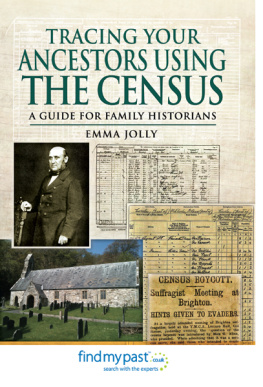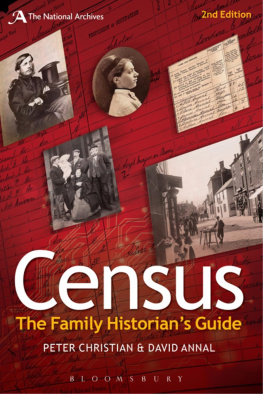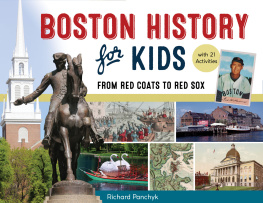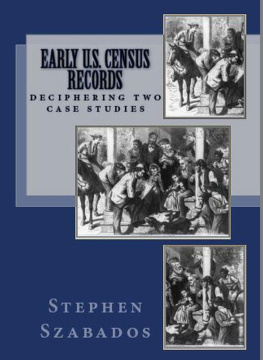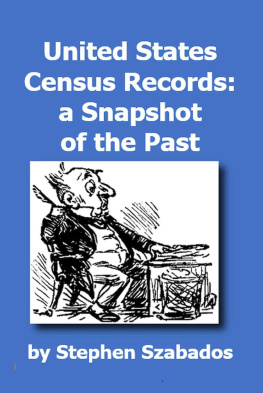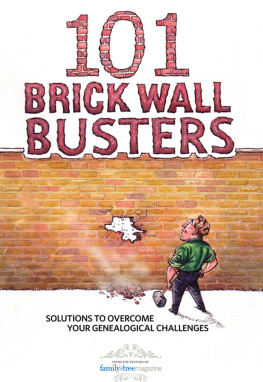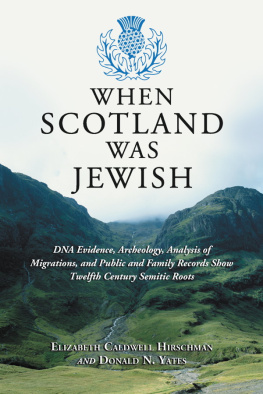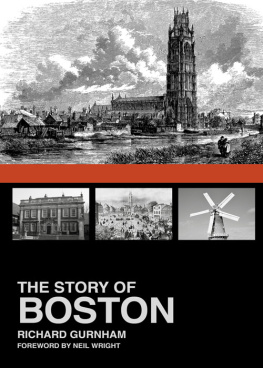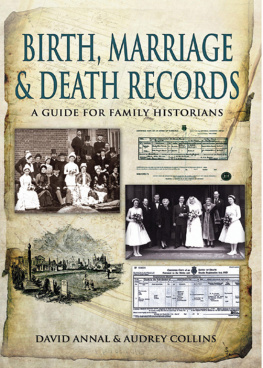1991
The University of North Carolina Press
All rights reserved
Manufactured in the United States of America
The paper in this book meets the guidelines for permanence and durability of the Committee on Production Guidelines for Book Longevity of the Council on Library Resources.
95 94 93 92 91 5 4 3 2 1
Library of Congress Cataloging-in-Publication
Data
Knights, Peter R.
Yankee destinies: the lives of ordinary nineteenth-century Bostonians / by Peter R. Knights.
p. cm.
Includes bibliographical references (p. ) and index.
ISBN0-8078-1969-7 (cloth : alk. paper) 1. Boston (Mass.)Biography. 2. Boston (Mass.)Social life and customs. I. Title.
F73.25.K55 1991
974.400992dc20
[B] 90-23936
CIP
Frontispiece: from H. L. Reade,
Money and How to Make It (Norwich, Conn.:
Reade Publishing Company, 1872).
THIS BOOK WAS DIGITALLY PRINTED.
TO MY MOTHER,
who deserves to have more books dedicated to her, and to my severest criticsthe 2,808
Acknowledgments
For many years I have wondered which group was the larger: the 2,808 subjects of this study or the multitude lending greatly appreciated help to its author. As it turned out, the latter group was smaller, but just barely. By far the largest number of people I should thank replied kindly to a letter from a stranger and supplied a datum that vanished into the computers maw. These helpful individuals were so numerous that I hope a heartfelt thank you will suffice for all.
No social-historical research project lasting a sixth of a century can survive long without funding, and I have been very fortunate in receiving it, beginning with a Research Grant from the National Foundation for the Humanities that released me for research during the 197273 academic year. For that year the Social Science Research Council also tendered me a Faculty Research Grant, which I had to decline, but I remain grateful for its vote of confidence in my project.
Beginning in 197172, and again in 197273, 197374, 198081, and 198586, York University provided Minor Research Grants to purchase supplies and materials. York awarded me a Faculty of Arts Fellowship for 198081, which released me from two-thirds of my teaching and permitted extensive searching of census microfilms.
For the summer of 1975, the Earhart Foundation of Ann Arbor, Michigan, granted funds to buy census microfilms, which I then desperately needed.
During 197677, a Canada Council [Sabbatical] Leave Fellowship supplemented my sabbatical salary and allowed me a full year off for research.
Beginning with the 198081 academic year, I was extremely grateful to start receiving research support from the Social Sciences and Humanities Research Council of Canada, which then awarded me a Small Research Grant, following it in 198183 with a Released Time Fellowship and Major Research Grant. This provided two-thirds time off in one year and full time in the other and gave major impetus toward ending this project, which I was beginning to think could never be completed without substantial released time. Then in 198384, the council continued its aid with a sabbatical Leave Fellowship. Last, the council awarded me a Released Time Stipend for the 198788 year, again providing full release from teaching duties, permitting me to begin writing and to finish most of the manuscript of this book. To all these agencies and organizations, I can but express the hope that they will find the results worthy of their investment in the research. Their generous support of the research underlying this book should not, of course, be taken to indicate that they are responsible for its findings.
Colleagues, especially those at York University, have been supportive in offering suggestions and constructive criticism, even though I suspect some of them were bored to distraction by this research, or at least by hearing me talk about it. Among the members of the United States field in Yorks Departments of History, participants in our informal research seminar read several chapters in manuscript and helped me translate my prose into English: Robert D. Cuff, Marc M. Egnal, Joseph A. Ernst, Yves Frenette, Gerald A. Ginsburg (especially helpful on methodology), and Edward Hagerman. They caught quite a few, mostly minor, errors, but I am confident that I still slipped some others past them. Gabriel Kolko gave ongoing advice on applying for research support. History (Arts) Department chairs were also cooperative, both in arranging leave time and in encouraging me to finish this research. Richard C. Hoffmann, Susan E. Houston, Paul E. Lovejoy, and Paul D. Stevens held that position at various times, ably seconded by Russell E. Chace, who also gave useful advice on personal computing. Thank you, one and all.
York University is fortunate in having at its Office of Research Administration wonderful people who know where to apply for research funds. They also commiserate with the unsuccessful and assist the successful in dealing with granting agencies. My gratitude goes to Noli Swatman, executive officer, and Carol Irving.
Within the academic community I was fortunate to induce several colleagues to read chapters in homeopathic doses. Kathleen N. Conzen and Michael P. Conzen, David P. Davenport, Edward J. Davies II, Jo Ann Parkerson and Donald H. Parkerson, Leo F. Schnore, and Margaret Walsh all were kind enough to look at and comment on a chapter or two. Richard A. Schwarzlose stole time from his monumental The Nations Newsbrokers to read several chapters and to show me that his copy-editing students get full value for their dollar. Another longtime friend, Donald L. Shaw, also looked at two chapters. A former collaborator, Richard S. Alcorn, commented trenchantly upon my material as well. All of these people labored mightily to save this manuscript from a variety of deficiencies. Although he was spared the ordeal of reading chapters, over the years Professor Everett S. Lee has encouraged me to press on with this research. His conviction that all that work was indeed worthwhile was a mighty sustainer. Professors J. Morgan Kousser and Sam Bass Warner, Jr., read the manuscript for the University of North Carolina Press, and I am indebted to them for their patient criticism.
Special thanks are due to Professor David P. Davenport, who drew the maps for this book. How he had the patience and steady hand to place hundreds of tiny dots so accurately I shall never understand. His reaction when I told him that I had sent him incorrect lists of locations of out-migrants as of 1870 and 1880 (Well, back to the drawing board) was in the best traditions of geography. Trudie Calvert, who copy-edited the manuscript, recalled to me several basic grammatical rules, cut hundreds of commas, saved me from a flock of inconsistencies in the footnotes, and will doubtless improve this sentence, too.
Without libraries this project could never have gotten off the ground. At the Inter-Library Loans office in York Universitys Scott Library, Mary Hudecki, the late Gary D. MacDonald, and John O. Carter patiently sent off to the Center for Research Libraries in Chicago scores of requests for census microfilms, answered querulous telephone calls asking why those microfilms had not arrived instantly, and generally restrained themselves gracefully from committing mayhem on this faculty member. They will be glad to learn that most of their problems are overfor a while. To the Center for Research Libraries my thanks as well for sending out so many reels over the years.


